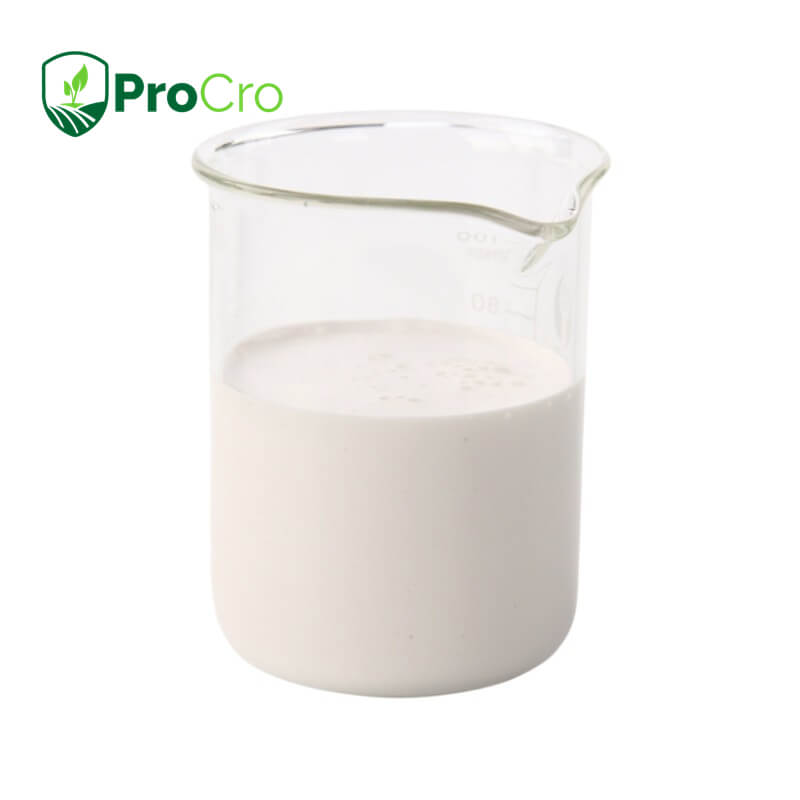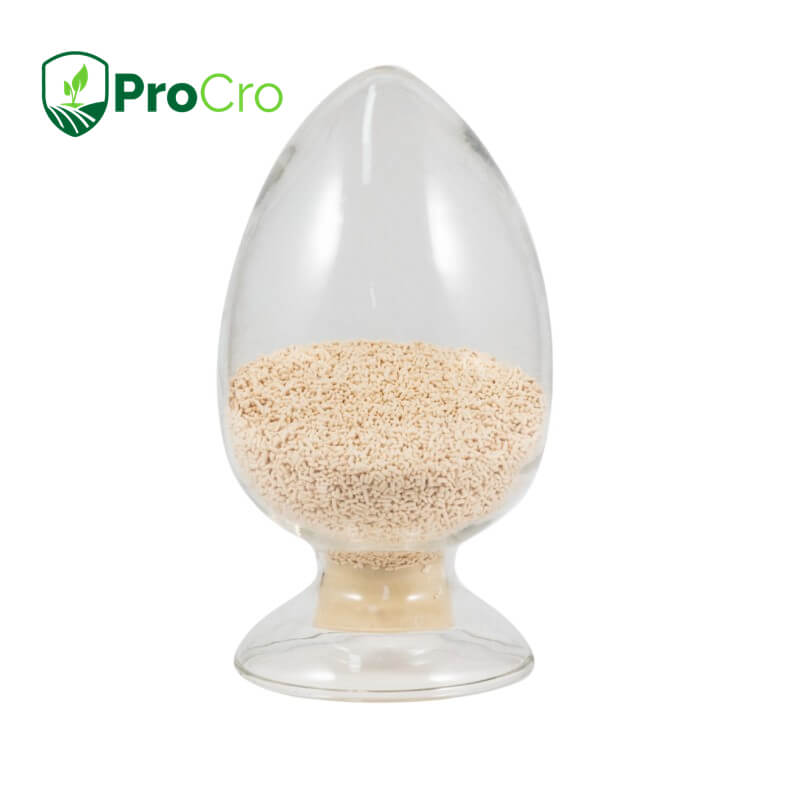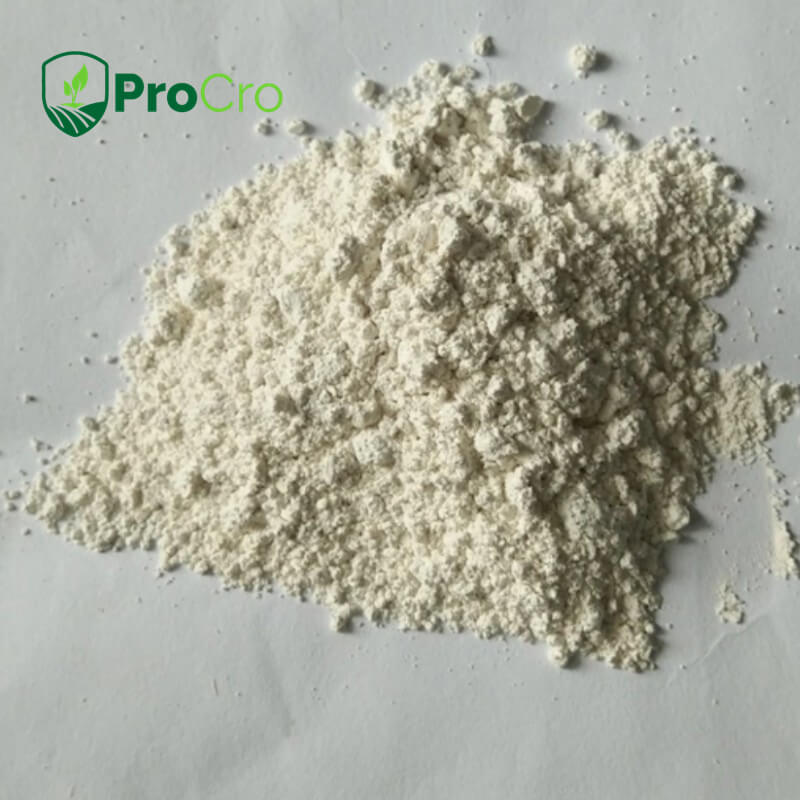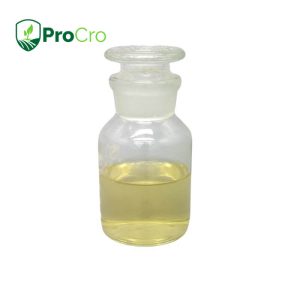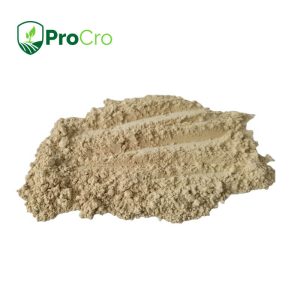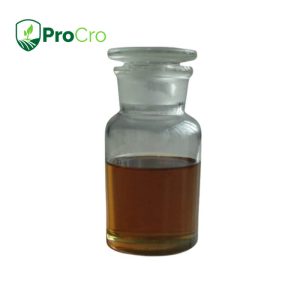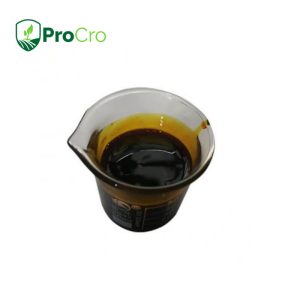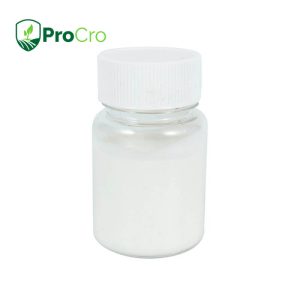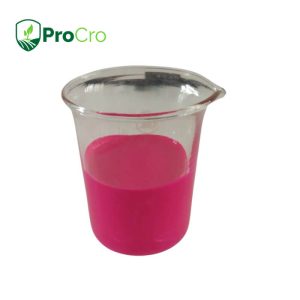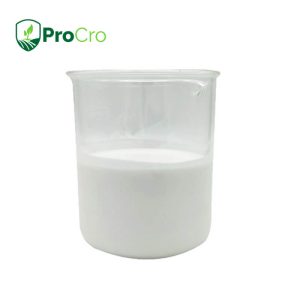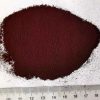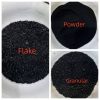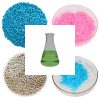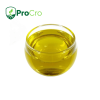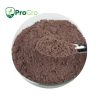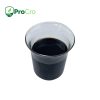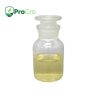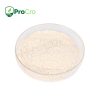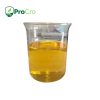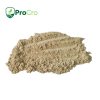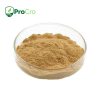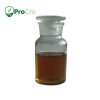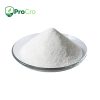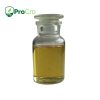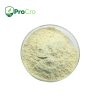Product Details of Clothianidin
| Product name | Clothianidin |
| Tech grade | 98%TC |
| Formulation | 48%SC, 20%SC, 50%WG, 25%FS |
| Molecular formula | C6h8cln5o2s |
| CAS No. | 210880-92-5 |
| EINECS No. | |
| Shelf life | 2 Years |
Application
1. Foliar Spray: Clothianidin can be used on rice, vegetables, fruit trees, and other crops to control pests from the Hemiptera, Coleoptera, Diptera, and certain Lepidoptera orders, such as rice planthoppers, citrus leafhoppers, vegetable aphids, thrips, and flea beetles.
2. Seed Treatment: Clothianidin can be applied in the seed treatment of crops such as peanuts, wheat, and corn, primarily to control underground pests like grubs and wireworms, while also providing effectiveness against above-ground pests like aphids and leafhoppers.
3. Control of Soil Pests: When controlling soil pests, Clothianidin performs as well as phorate, effectively controlling grubs, wireworms, and also pests like onion maggots, leeks maggots, root maggots, and ground pests. It is mainly applied in areas where leeks and garlic are cultivated. For better control, it can be combined with chlorfenapyr.
4. Fertilizer Pesticide: Clothianidin-based pesticide fertilizers are primarily used for crops such as rice, wheat, sugarcane, and peanuts. Due to its excellent systemic properties, permeability, and long-lasting effects, it not only controls underground pests but also acts against above-ground pests during the seedling stage of crops. Moreover, it provides nutrients to the crops, achieving multiple benefits in one application.

